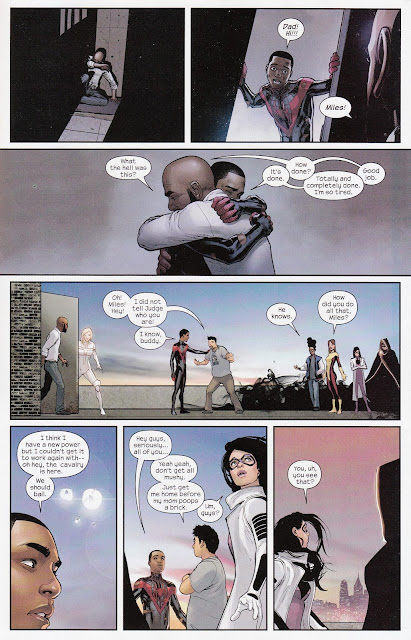I took that as a sign that I shouldn't have to prepare dinner from scratch. There is a decent Vietnamese restaurant on a corner between the grocery store and my apartment building. I haven't been there in a while, years really. My last steady girlfriend and I used to go there now and then.
I walked in. The place was full. The sun was shining. The front of the restaurant is a wall of glass that opens to the sidewalk. I went to the cashier and asked for some vegetarian noodles. She told me to have a seat. It would be ten minutes.
I sat down and looked around and noticed that everyone in the restaurant was young, late teens to early 30s. A contemporary dance-music song was throbbing on the sound system. A young woman sang something about "American freedom" or "American mopeds." I can't remember. It had a thumping, ass-pumping synthesized bass riff.
It was odd to be in the room where I was decades older than anyone else, including the restaurant staff, who all looked as if they were children. At work I am, at fifty years, one of the youngest. The mood in the restaurant was buoyant, generally happy, carefree. I found it quite pleasant, a welcome departure from my everyday work environment where people are exhausted, morose and despise one another.
When I was a student at the university I was a big fan of the pre-Marxist Georg Lukacs. I read closely his neo-Kantian Soul and Form and his Hegelian The Theory of the Novel; both were thin volumes that packed a wallop. What attracted me to the young Lukacs was the sense that he was writing and philosophizing from a "buzzed" state; that what he was after in his theorizing was "a springboard to the ultimate."
This hope or belief, that the ultimate -- whatever it may be -- is achievable, is what (consciously or not) animates young people and makes their company enlivening. Young people are Romantics. It takes decades of toil at soulless jobs to leech this Romantic sensibility from our bones.
The note below was addressed to my best college chum, Mark, on the occasion of his 23rd birthday. I apologize for the sporadic nature of these "The Colt 45 Chronicle" posts. The project is ending with more a whimper than a bang. I was a confused young man who drank a lot and was trying to be true to friends and my wife, but I couldn't see a clear way forward. I didn't believe very much in myself.
"But here what mattered was a passive capacity for experiencing life. The Romantics' philosophy of life was based -- even if never quite consciously so -- on their passive life-experiencing capacity. For them the art of living was one of self-adaptation, carried through with genius, to all events of life. They exploited to the full and raised to the status of necessity everything that fate put in their path; they poeticized fate, but did not mold or conquer it. The path they took could only lead to an organic fusion of all given facts, only to a beautiful harmony of images of life, but not to controlling life."
Georg Lukacs, "On the Romantic Philosophy of Life"
-- Written by someone who was something we're not, twenty-two. But twenty-two was the year we got together and did all the things that we can say we did. Now, which is twenty-three, we can sit back on our poetic haunches and wax ecstatic about sniffing bullets and gulping poison -- a poor but true and suitable fate for two who are so concerned with the idea of "controlling life."
So maybe next year, when twenty-four looms large on your horizon -- after I've already been rapped by nature's sweet sting -- I'll point out another essay in this very volume and tell you how the author composed it at a callow and dewy, but nonetheless brilliant, twenty-three; at which point, we'll trade punches, swap stories about Jesus (or some other eternally suffering man-god) and forget the myth of our elevated youth.
















